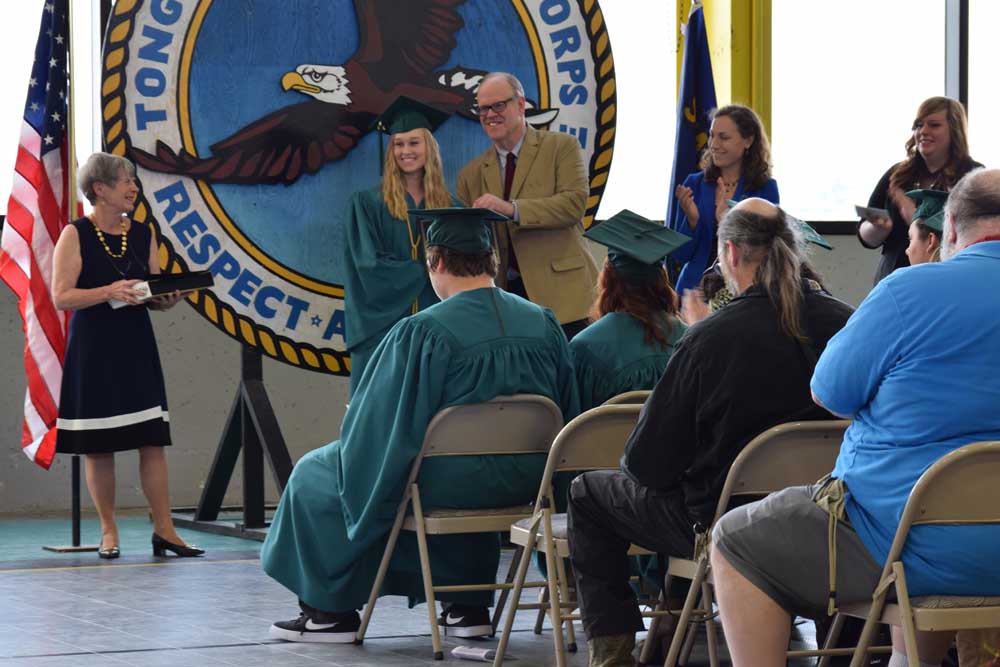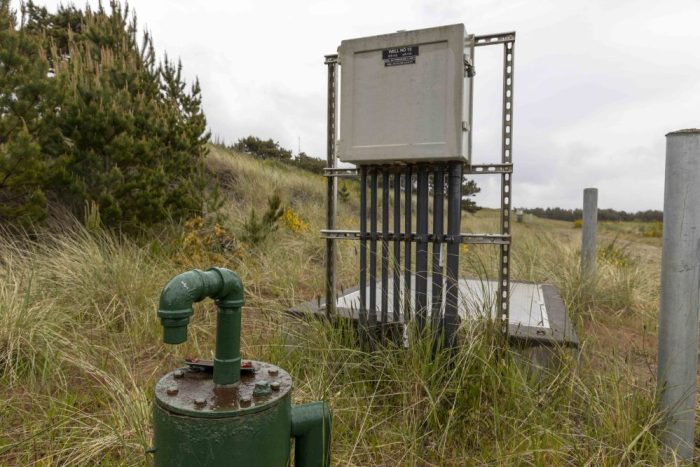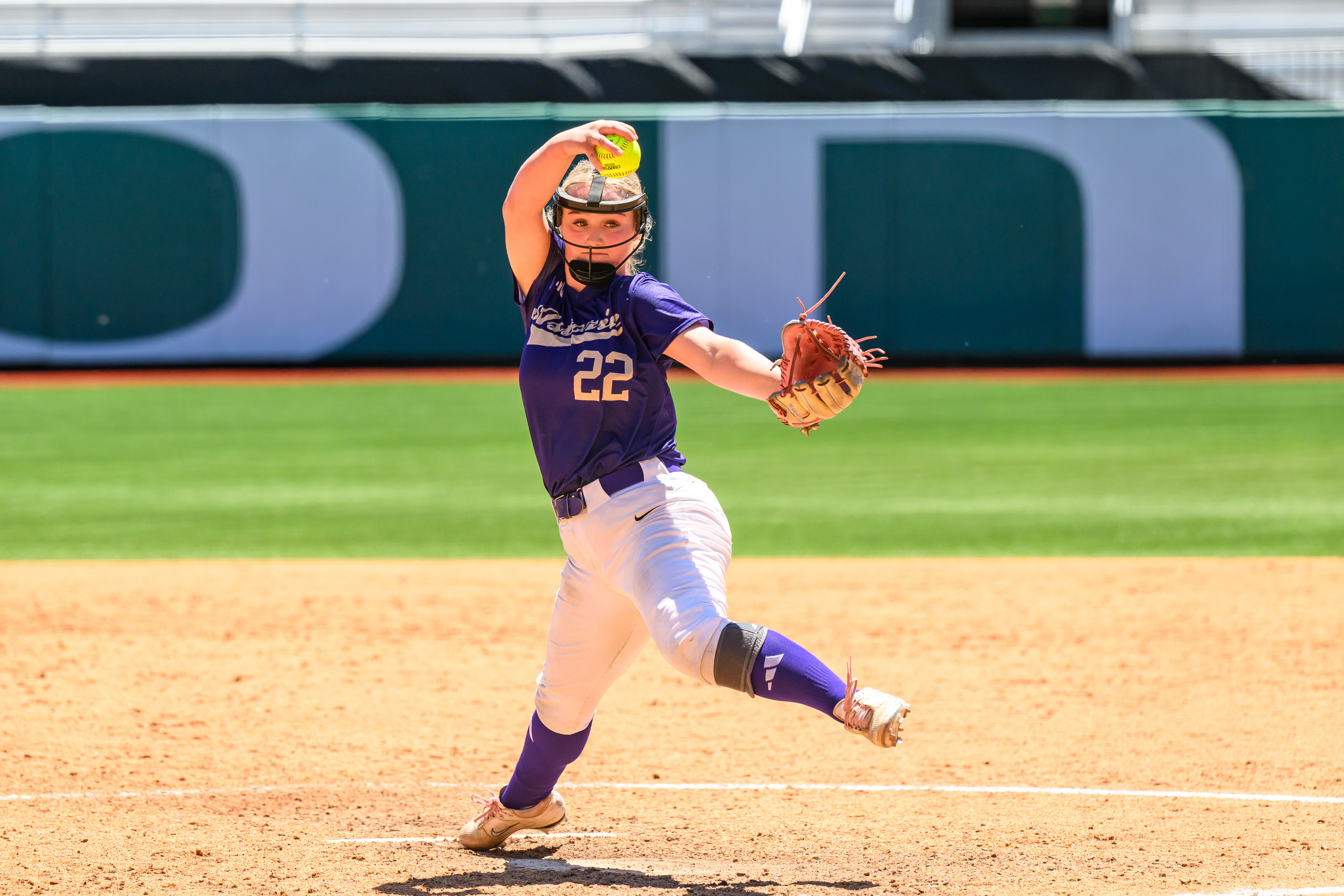Gordon Aadland Commentary: The Day The Schnozola Played Cupid for Me
Published 5:00 pm Friday, July 22, 2011
When the Seattle to Portland bicycle ride came through the Centralia College campus this month, I was there, as usual, to absorb the excitement 10,000 bikes rolling down the Aadland Esplanade, little tents sprouting throughout the campus, an outdoor beer garden with live music.
When I sought respite on one of the benches on the esplanade, I found myself sharing it with one of the riders, a most unusual one. He was a soldier wounded in Afghanistan, and now recuperating at Fort Lewis. The 200-mile bike ride was part of his rehabilitation, and he was doing well at the halfway point.
He had also served in the Vietnam War during that crazy period when there were student protests, sometimes violent, about the U.S. participation, and when I told him I am a veteran of World War II, our conversation quickly turned to how soldiers were received when they returned home from overseas.
Night and day was the way he put it when I asked him about his two different receptions. It was an old tale: service in Vietnam was a horror story for the vet.
I was almost hesitant to tell him about the reception we WWII vets had upon our return. Tin Pan Alley and Hollywood had done their jobs, and we were regarded as heroes, whether we deserved it or not.
When I came back to Los Angeles on overseas furlough after two years in the Aleutians, I quickly found out that there was no need for an auto, even if I had had access to one. All I had to do was step into the street with my thumb up. It was considered downright unpatriotic to pass up a hitchhiking soldier. We were treated like movie heroes. (In fact, two of those movie stars, Clark Gable and Jimmy Stewart, were fighting right alongside our aviators, and Bob Hope was often in harms way while entertaining the troops overseas.)
When I learned that a girl I had grown up with in little Sisseton, South Dakota, was in Hollywood, working in the aircraft industry, I arranged a few dates one at the Hollywood Palladium, for dancing to a Big Band, the other for lunch at the Brown Derby. (Why was I, a buck sergeant able to afford such places as the Brown Derby?
In the Aleutians, there was no place for a soldier to spend money, so his salary kept piling up in U.S. banks., just waiting for him to come home on furlough, a rich man.)
There were three Brown Derbys. The famous one, shaped like the hat, the one in Beverly Hills, and the one in Hollywood, near Hollywood and Vine Streets. It was to the latter we went, two small town Dakota kids, wondering what we were doing in one of the motion picture industrys famous beaneries.
I was, of course, in my uniform, with a few ribbons and overseas chevrons.
Before our lunches came, Jimmy Durante, loveable comedian of the time, entered. Probably noticing us staring at him, as was everyone else, he gave us his famous smile and wave and passed our table on his way to a back room. Not only that but he said, Hiya, Sarge, in his familiar gravelly voice. It was the same voice we had often heard when he gave his mysterious sign-off, Goodnight, Mrs. Calabash, wherever you are.
My prestige as a Lothario and Big Spender took several leaps in the eyes of my date from South Dakota.
Now I know how Mrs. Calabash must have felt.
Gordon Aadland, Centralia, was a longtime Centralia College faculty member and publicist.





